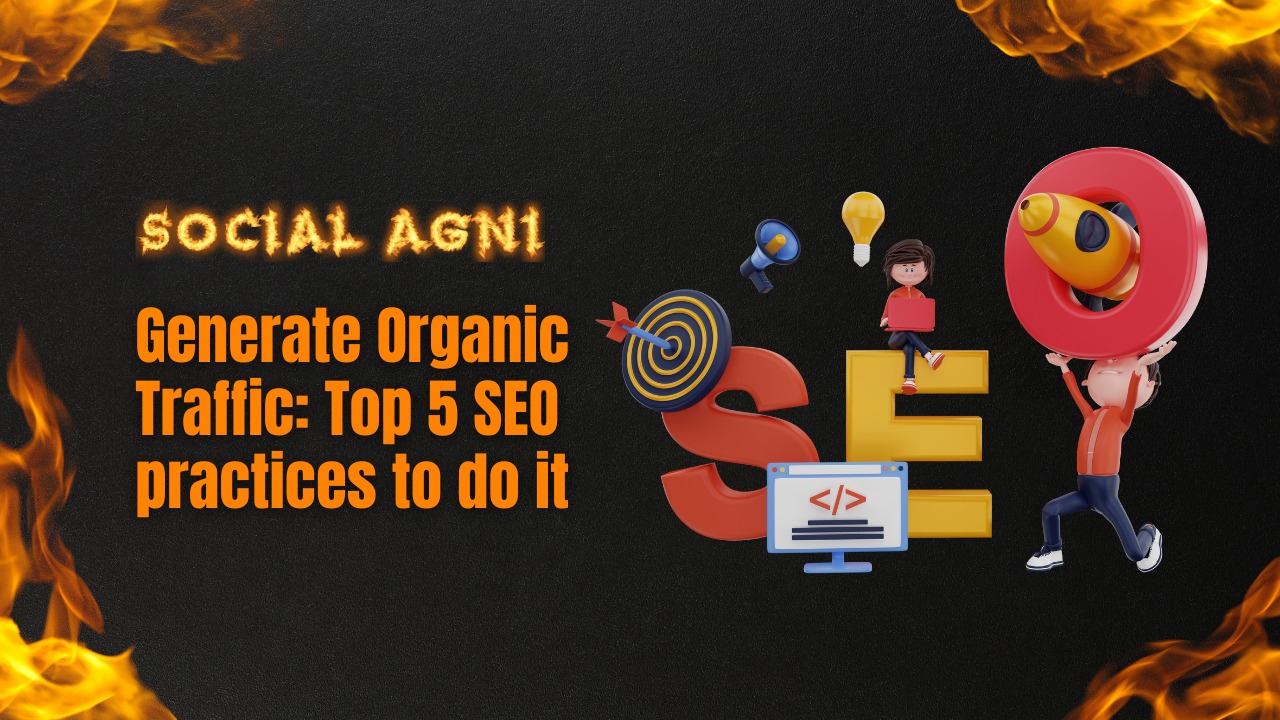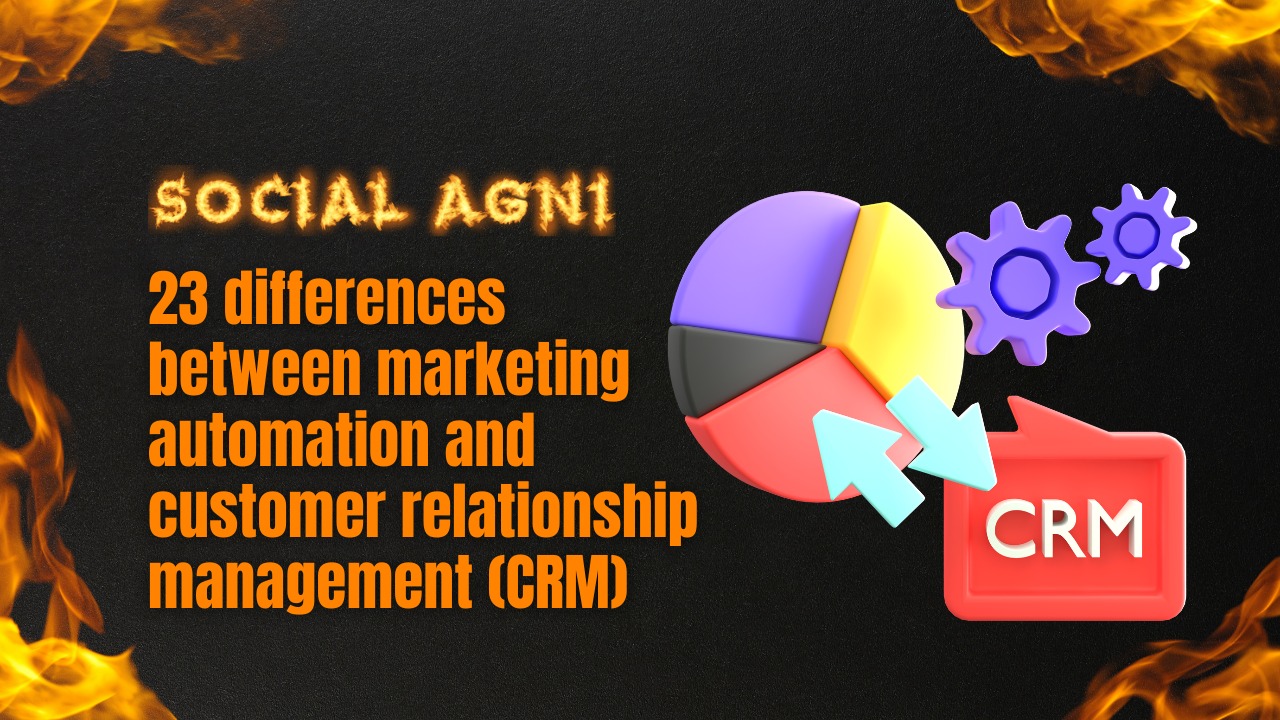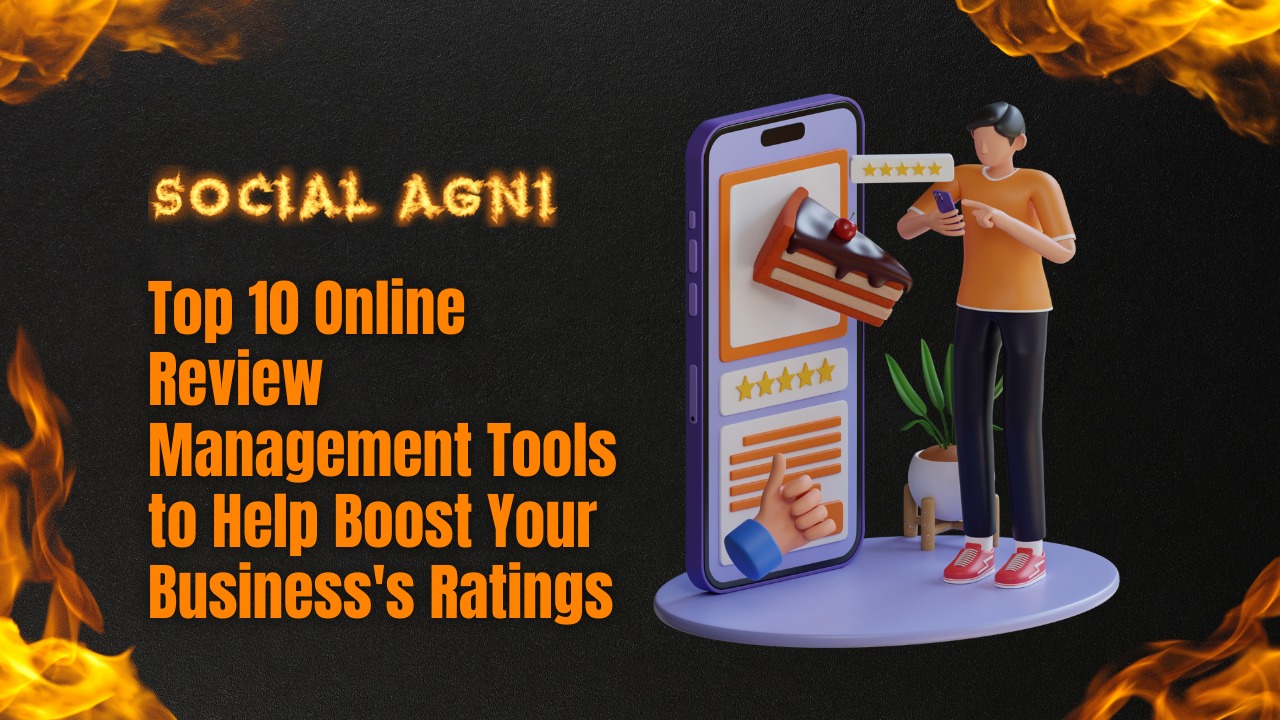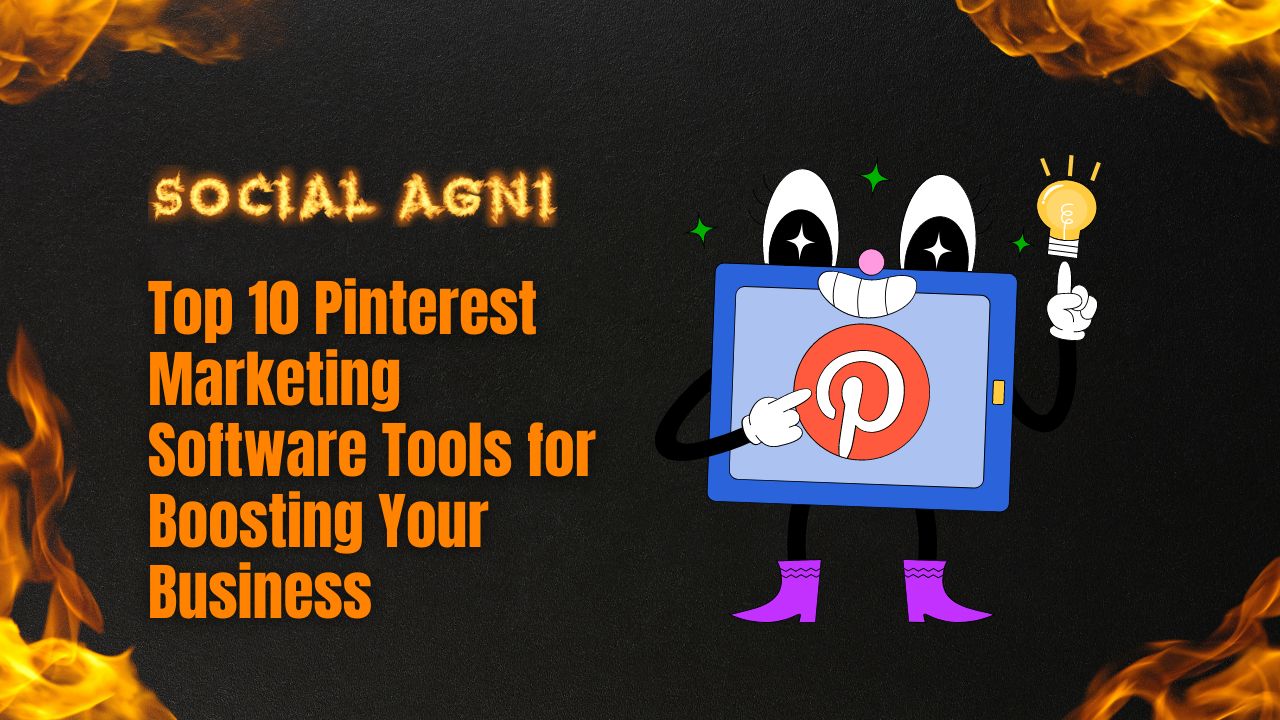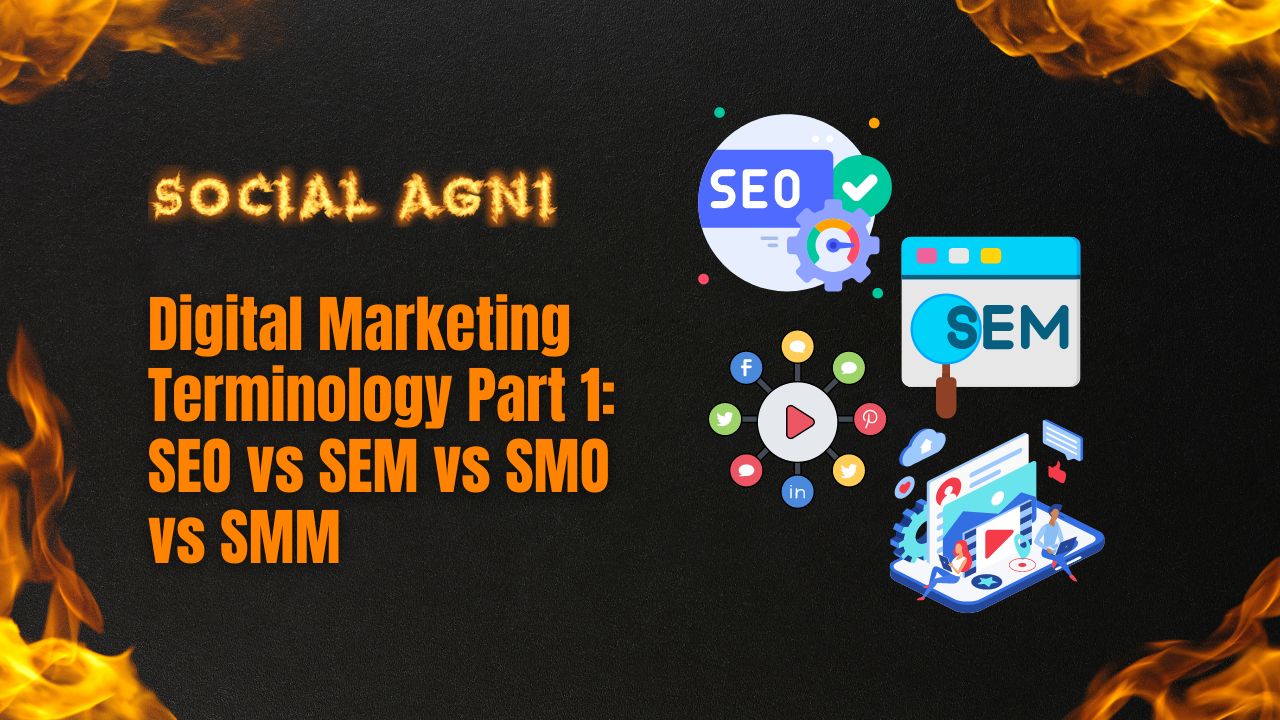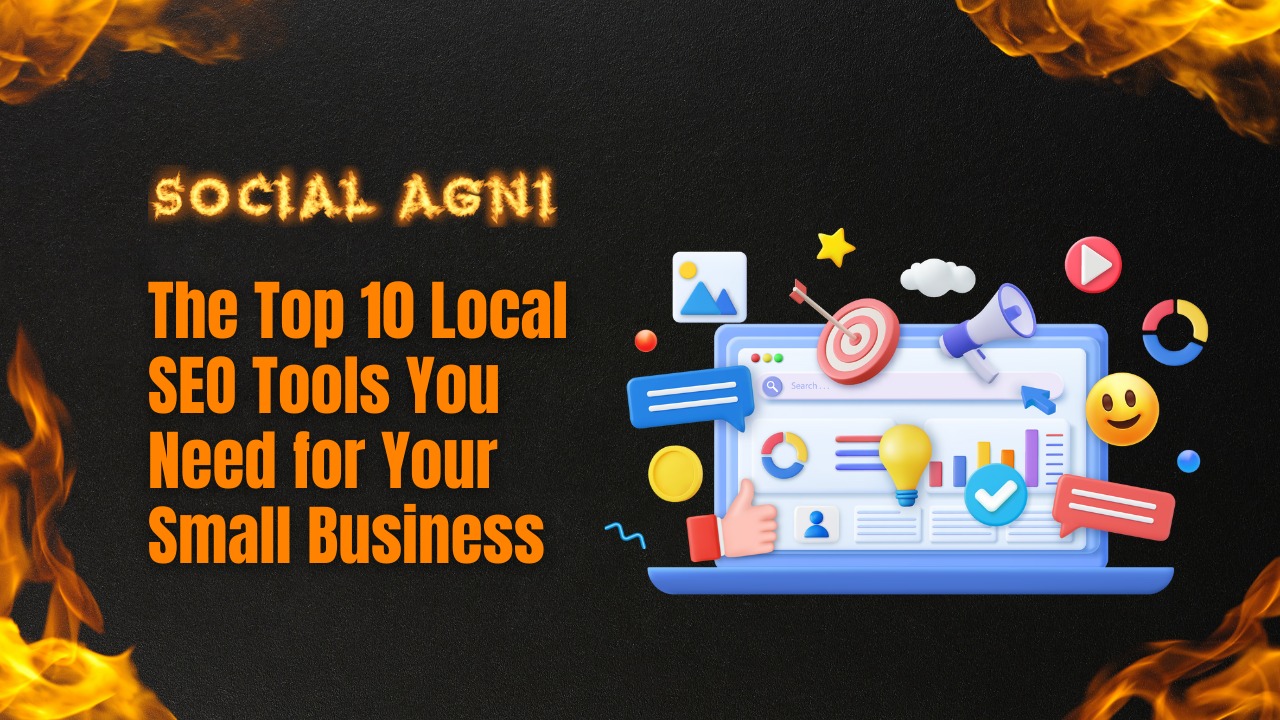Today’s businesses rely largely on web visitors for both lead generation and customer purchases. Organic traffic, which refers to users that arrive at your website through unpaid search engine results, is one of the most important kinds of online traffic. Your website’s organic According to how high it appears in search engine results, traffic will rise. The practice of improving a website’s exposure on search engine results pages is known as SEO or search engine optimization. This article will go through five of the best SEO tactics for increasing a business’s organic search traffic. Search engine optimization (SEO) copywriting, link building, content creation, and technical SEO are a few examples. By boosting their visibility in SERPs, their proportion of organic traffic, and other metrics, these strategies may assist firms in enhancing their online presence.
Top 5 SEO Practices to Generate Organic Traffic:
If you enjoy improving organic traffic to your website, you must involve a combination of SEO tactics. Here are the top 5 SEO strategies utilize to boost organic traffic:
1. Keyword Research and Optimization:
Improving your website’s search engine rating and attracting more organic visitors requires diligent attention to detail, including thorough keyword research and optimization. Your website’s search engine visibility may be improved by including the keywords your target audience is using to find items and services like yours in the content on your site.
Use Google’s Keyword Planner, SEMrush, or Ahrefs to find relevant keywords. Using these resources, you may find profitable, high-volume keywords. In addition to finding broad keywords, these resources can help you find long-tail keywords that are more precise and useful. Your content must be pertinent to your audience’s needs, engaging, and beneficial. Websites may raise their search engine rankings and the amount of time visitors spend on the site by catering to their needs and interests with helpful content.
The success of keyword optimization also depends on performing keyword research and updating content often. Because of how quickly search trends and user behavior can change, it’s essential to always employ the most up-to-date terms and refresh your content. Increase your organic traffic by conducting keyword research and optimizing your website for search engines.
2. Content Creation and Optimization:
Writing engaging content is crucial to SEO. Your website content must be relevant, engaging, and valuable. Useful content boosts search engine rankings and user engagement. If you want your material to resonate with readers, you need to tailor it to their wants and interests.
Content and on-page SEO are invaluable. The text, headers, and visuals should include relevant keywords and be structured for easy reading. For context and relevancy, include internal and external links. Content quality must come first. It’s crucial to frequently publish well-researched, informative, and engaging material. If you establish your website as an industry authority, it will rise in search engine ranks.
Regular content audits and updates are also necessary for effective content development and optimization. Examine your current material and think of ways to improve it to do this. To do this, you can fix any errors or omissions you see, add extra sections or examples, or just streamline and organize your work.
Finally, to attract organic traffic, search engine optimization (SEO) significantly relies on producing and optimizing content. You can increase your website’s traffic, leads, and conversions by tailoring your content to your audience’s preferences, implementing on-page SEO best practices, and doing frequent content audits and upgrades.
3. Backlink Building:
To boost your website’s search engine rankings and get more organic visitors, link building is a crucial part of off-page SEO. When other websites connect to yours, this is called a backlink and it shows that you’re an authoritative resource in your field. Backlinks are an indicator of your content’s quality and relevance to search engines. Creating high-quality content that other sites will want to connect to is essential if you want to get inbound links. To do this, you must first learn about and then cater to the specific wants and interests of your intended audience through your content. You may also reach out to related websites and offer to write guest articles for them or work together on content.
Content marketing is another powerful strategy for increasing inbound links. To maximize your content’s exposure and its ability to garner links, you should promote it using social media, email marketing, and other methods. In addition, you may find journalists and bloggers that are seeking expert sources in your field by using platforms like HARO (Help a Reporter Out). It’s more vital to create high-quality backlinks than to create a large number of them. Your search engine rankings and online reputation might potentially take a hit from spammy or low-quality backlinks. Instead, you need to work on getting connections from reputable, authoritative sites in your area.
Monitoring your website’s backlink profile and disavowing any spammy or low-quality connections is just as vital as gaining backlinks. Backlinks to your site may be monitored for problems using services like Google Search Console or Ahrefs.
In sum, backlink building is a crucial part of search engine optimization that may boost your website’s visibility in SERPs and bring in more visitors naturally. Establishing your website as a reliable resource and attracting more visitors will lead to more leads and sales for your company if you focus on producing and distributing high-quality content.
4. Technical SEO:
Improve your website’s search engine rankings and get more targeted organic traffic by focusing on the technical aspects of SEO. To improve your site’s crawl ability and indexation by search engines, you should optimize its code, structure, and speed.
Website speed optimization is an essential part of technical SEO. Websites that load quickly not only benefit visitors but also perform higher in search engine results. You may improve your website’s load time by using a content delivery network (CDN), compressing your images, and minifying your CSS and JavaScript scripts.
Mobile optimization is also a crucial part of technical SEO. Your website must be compatible with mobile devices since more and more people are utilizing their phones and tablets to access the internet. Use a mobile-friendly layout that adapts to the size of the user’s screen, and make your site load quickly on mobile devices by implementing responsive design. Your website’s structure and organization are also important considerations. Using a sitemap and structured data markup along with a well-thought-out URL structure will aid search engines in crawling and indexing your site’s content and organization.
Optimizing the security of your website is also crucial. The use of firewalls and other security measures, such as HTTPS to encrypt data and safeguard the privacy of your visitors, are all part of this. Last but not least, you need to make sure that people with impairments can easily utilize your site. Accessibility enhancements entail making your website accessible to those with sensory impairments, such as low vision or hearing.
In conclusion, technical SEO is an essential part of SEO that may boost your website’s visibility in search results and bring in more visitors naturally. Search engines can better crawl and index your site if it is optimized for speed, mobile friendliness, structure, security, and accessibility, all of which improve the user experience for your site’s visitors.
5. Local SEO:
Local search engine optimization (SEO) aims to make your company more visible to prospective nearby customers. This is essential for regional businesses including eateries, retailers, and service providers.
Making ensuring that your company’s name, location, and phone number (NAP) are clearly displayed and used consistently across your website is the first step in enhancing your local SEO. The same information should appear on all of your web listings, including those on Google My Business, Yelp, and any other directories. Additionally, you may modify the content of your website to include regional search terms like “best pizza in [city]” or “plumber near me.” Incorporating the search terms that local clients are using to find businesses like yours into the content of your website requires completing keyword research.
Local search engine optimization also involves gaining backlinks and citations from other local establishments. A higher search engine rating is one benefit of establishing your company as a local authority in its field. Complete and current information on Google My Business is another area that needs to be optimized. You may do this by constantly updating your listing with new deals and events as well as by adding images, reviews, and other information about your business.
Participating in your neighborhood’s social media, message boards, and other online gathering places is crucial. This can boost local brand recognition and lead to increased website traffic from potential clients in your area.
In conclusion, search engine optimization (SEO) with a local focus can help a company increase its visibility in local search results and gain a larger share of the local market. Establishing your company as a go-to resource in your region can help you attract more local customers, so it’s important to focus on local keywords when creating content for your website and expanding your online presence.
Conclusion:
Successful online businesses rely heavily on organic traffic, and search engine optimization is one of the most efficient means of attracting that traffic. More traffic, higher search engine rankings, and more potential customers are all outcomes of applying the top 5 SEO techniques.
You may learn more about your potential customers and the phrases they use to identify companies like yours by conducting keyword research and optimizing your website. By combining the processes of content production and optimization, you can serve up material that is high in quality and interesting to readers as well as search engines. Building inbound links to your site establishes its credibility and usefulness, while technical SEO works to perfect its layout and code for search engine indexing and crawling. Last but not least, local SEO enables you to concentrate on regional clients and market your business as an authority in the region.
By utilizing these SEO techniques, you may increase your web presence, get more organic visitors, and reach your company goals. Remember that search engine optimization is a continuous process that has to be continually reviewed and improved to maintain your search engine ranks and keep up with the competition. To observe a rise in the organic traffic to your site, start using these SEO methods right away.
Frequently Asked Questions (FAQs)
1. What is Organic traffic?
Google, Bing, and Yahoo define organic traffic as visitors that find your site naturally.
2. Why organic traffic?
Online businesses need organic traffic because it represents potential customers actively searching for similar products and services. It is cheaper than paid advertising for website traffic.
3. What are keyword analysis and optimization?
Keyword research and optimization involve finding the search phrases your target market uses to find firms like yours and optimizing your website content around those keywords to improve your search engine rating.
4. How can content creation and optimization boost organic traffic?
By creating and optimizing content for people and search engines, you may boost your website’s search engine rankings and organic traffic.
5. What's link building?
Backlink building is encouraging other websites to link to yours to boost search engine rankings.
6. Why is technical SEO important for organic traffic?
Technical SEO optimizes your website for search engine crawling and indexing to improve ranks and organic traffic.
7. Local SEO—how?
Local SEO is essential for local businesses.
8. Citations and backlinks in local SEO?
Citations and backlinks from other local businesses and organizations can boost your local search engine ranking and attract more local customers.
9. How does Google My Business work?
Google My Business, a free tool, lets businesses manage their Google presence, including Google Maps and Search.
10. Social networking benefits local SEO.
Social networking can establish your company as a reliable and useful resource in your community. This will boost local search rankings and website traffic.
References:
